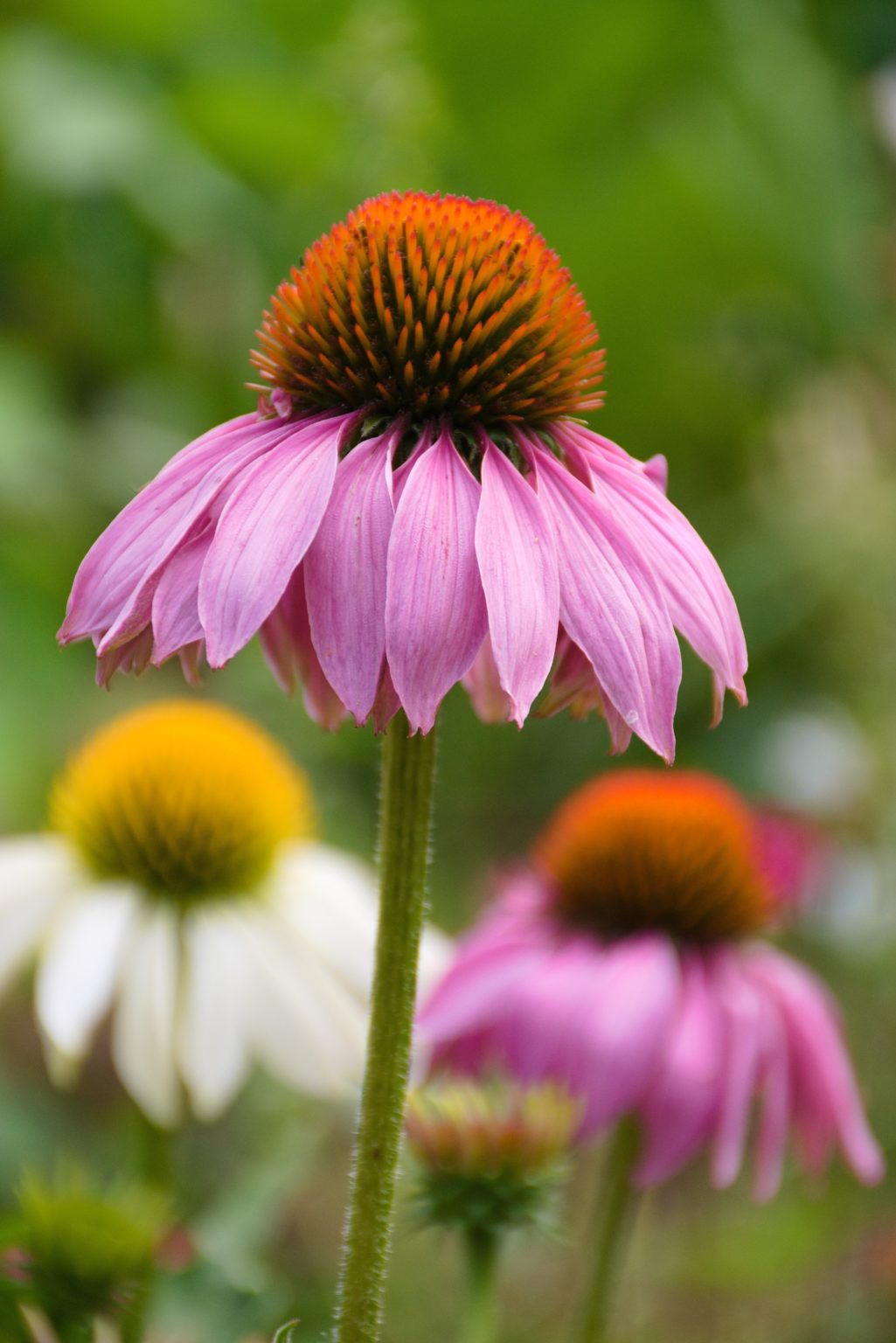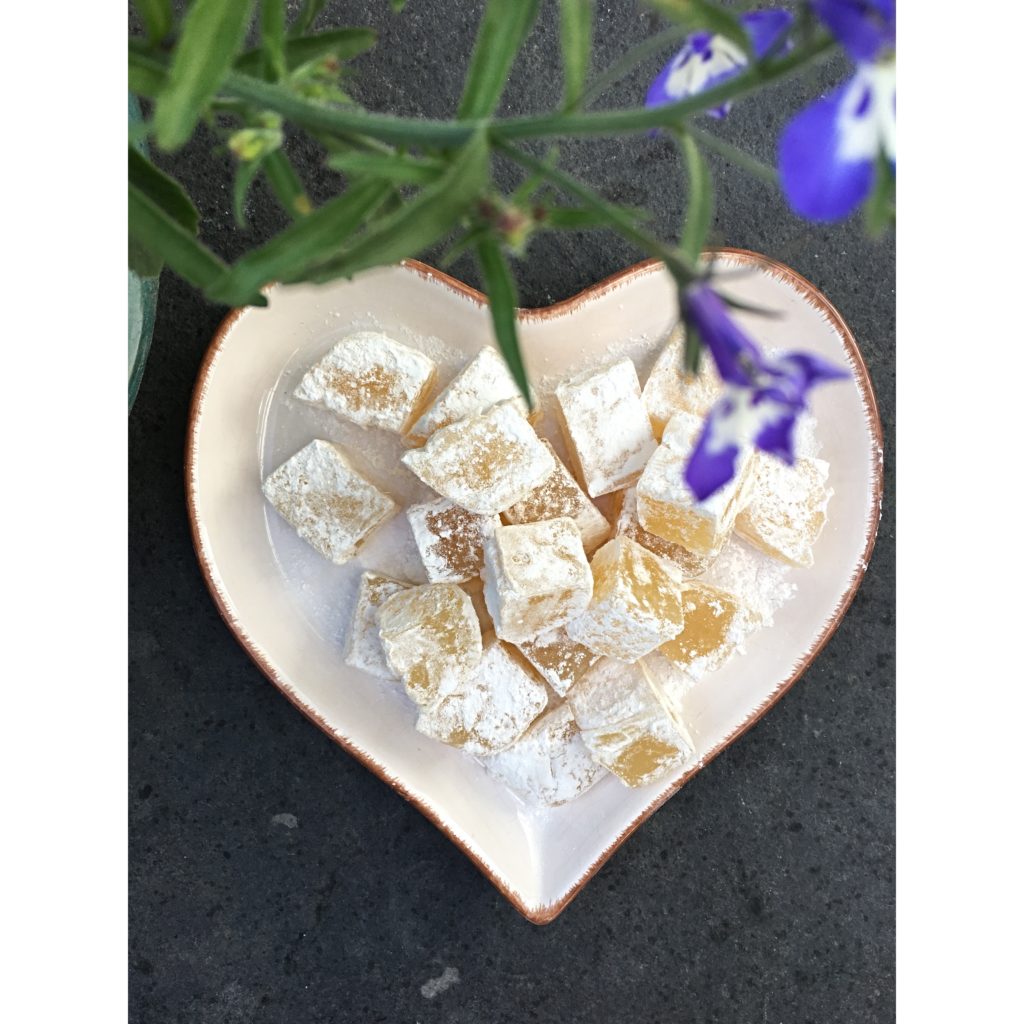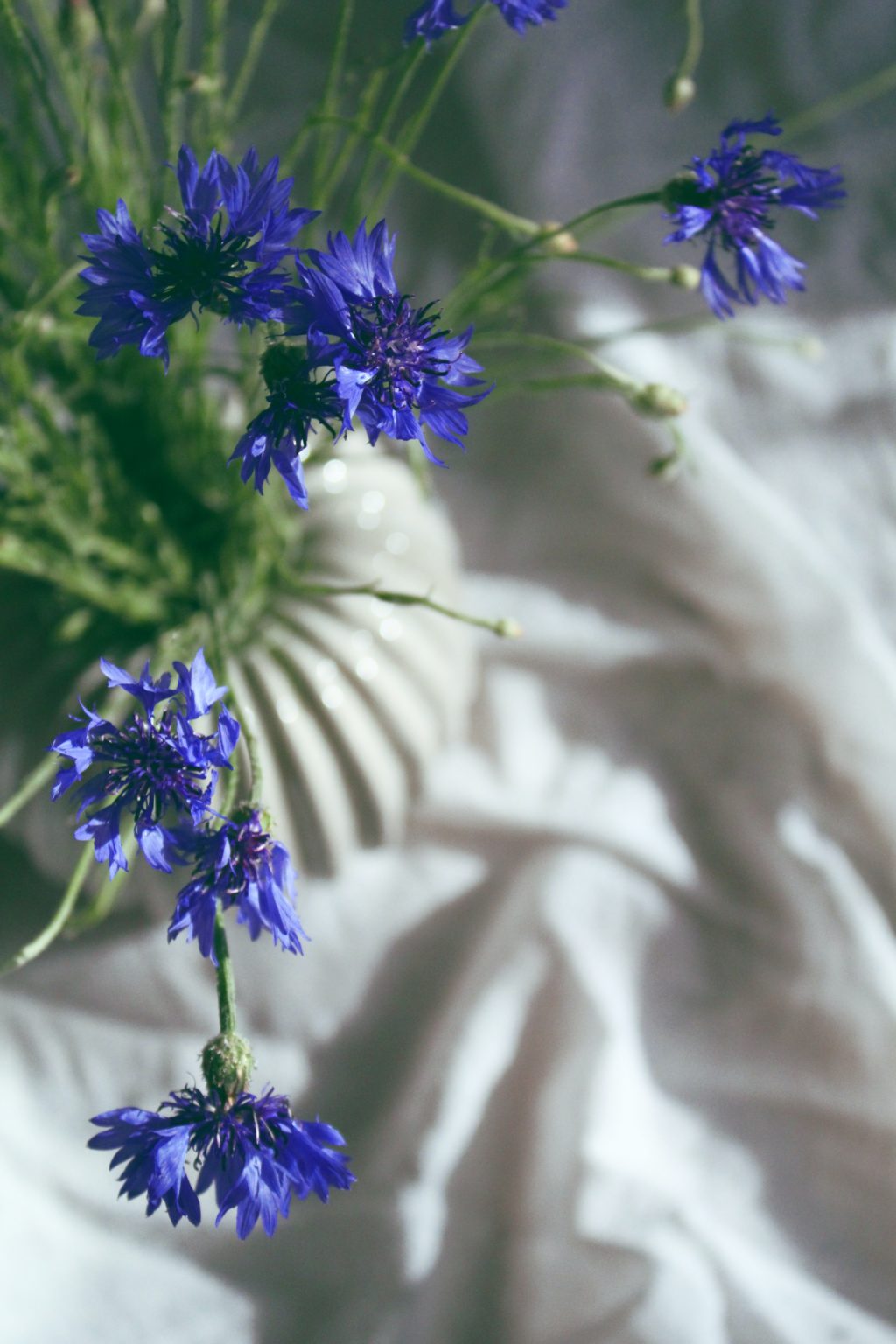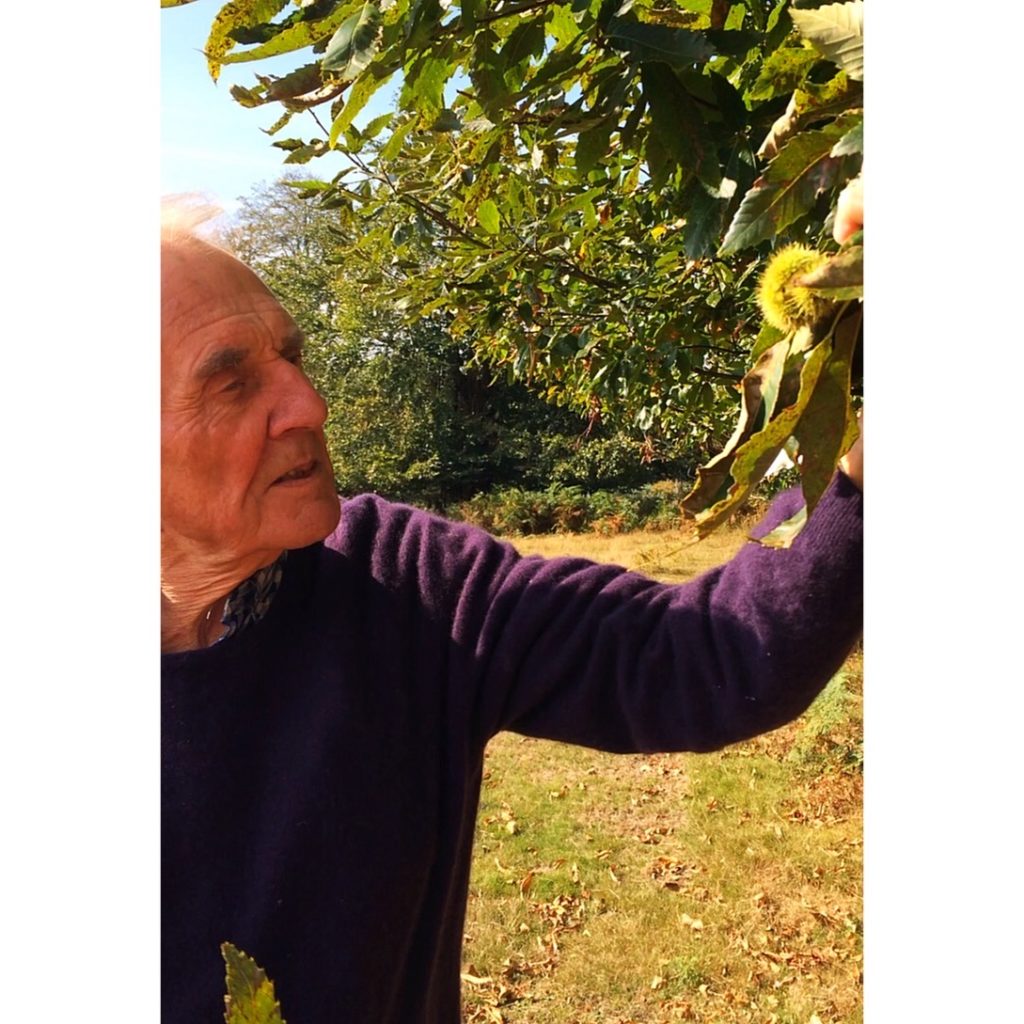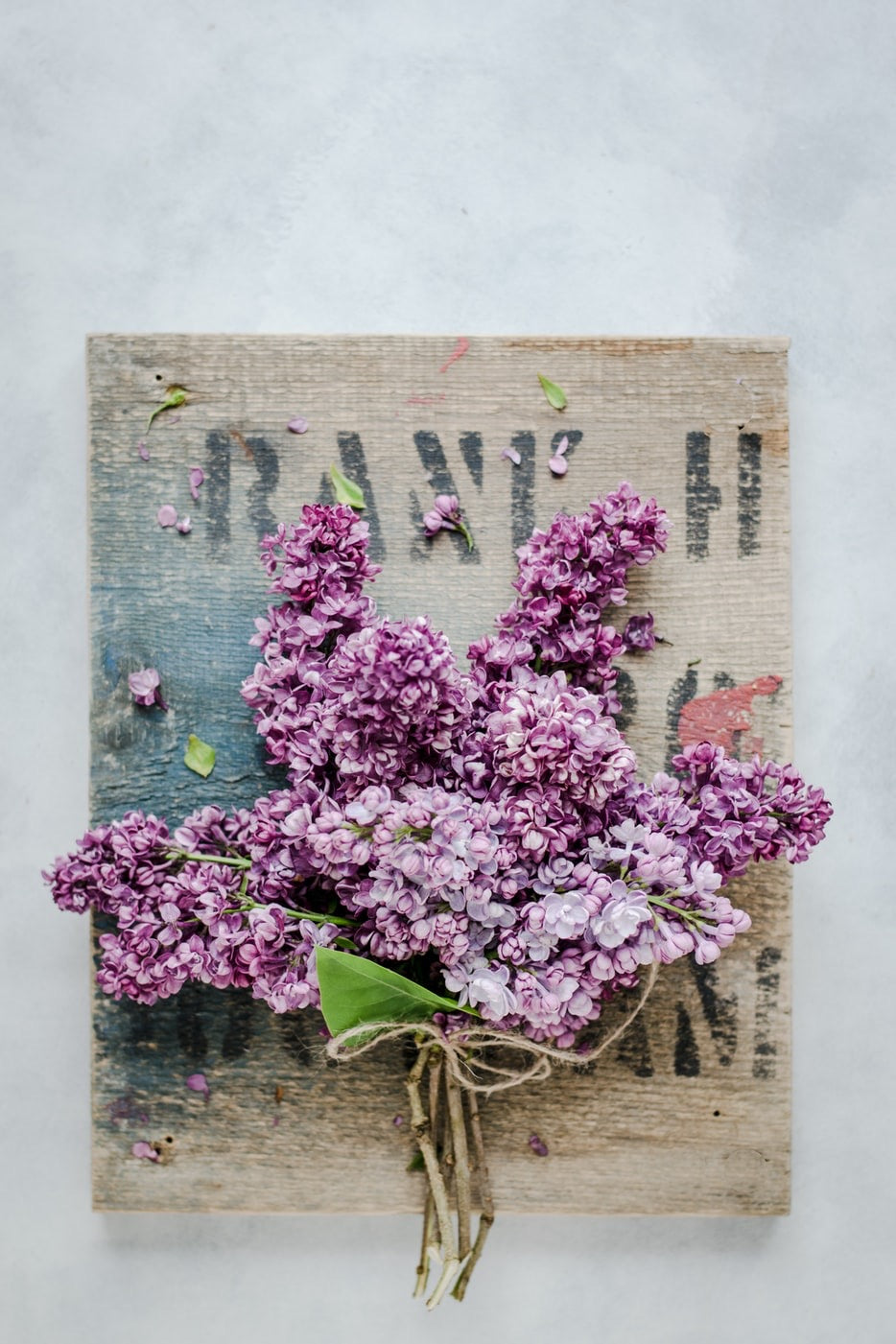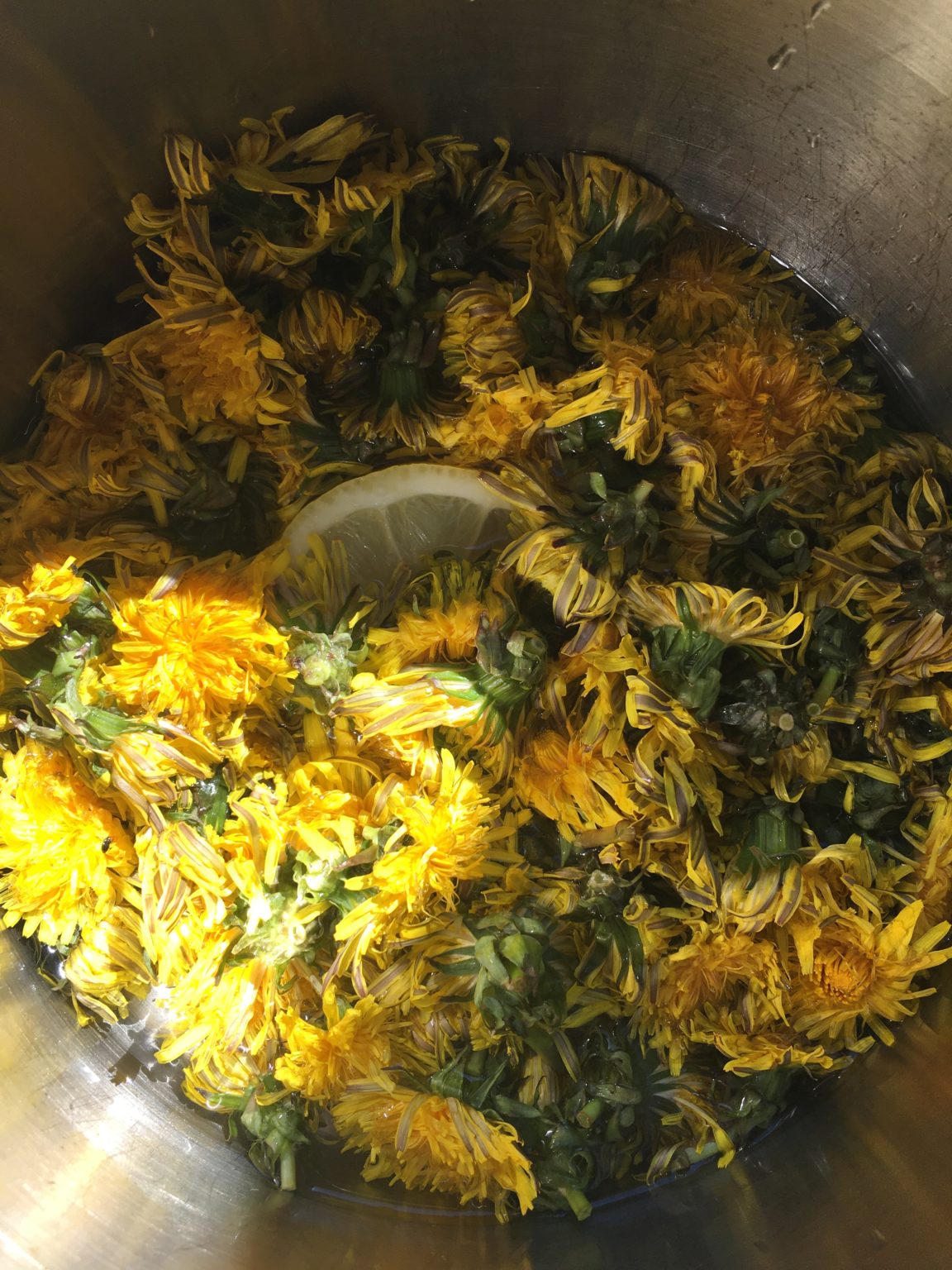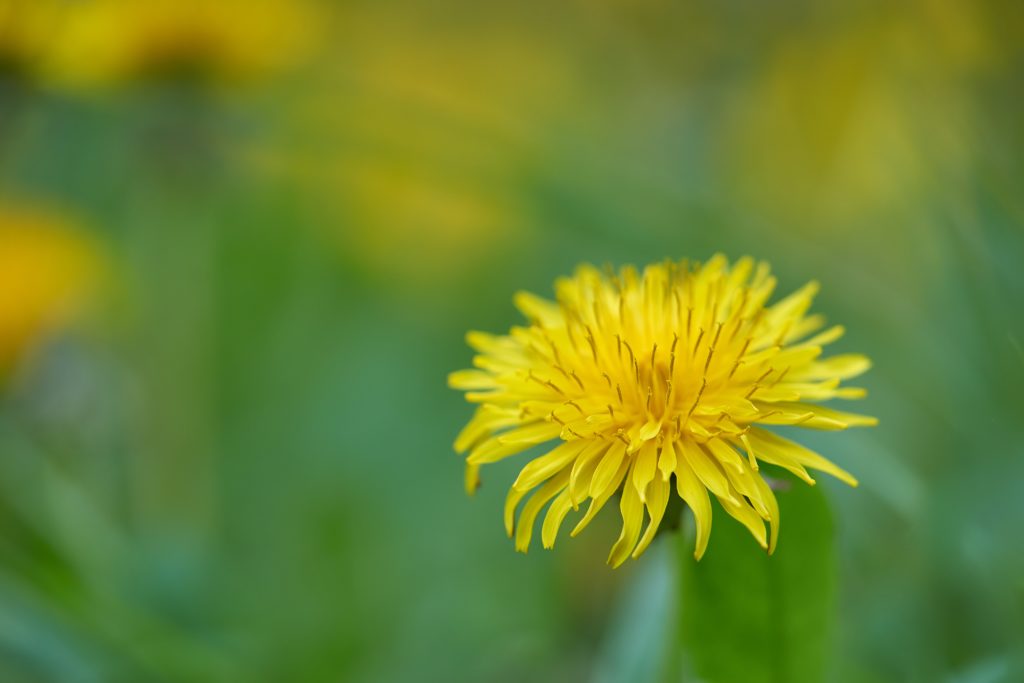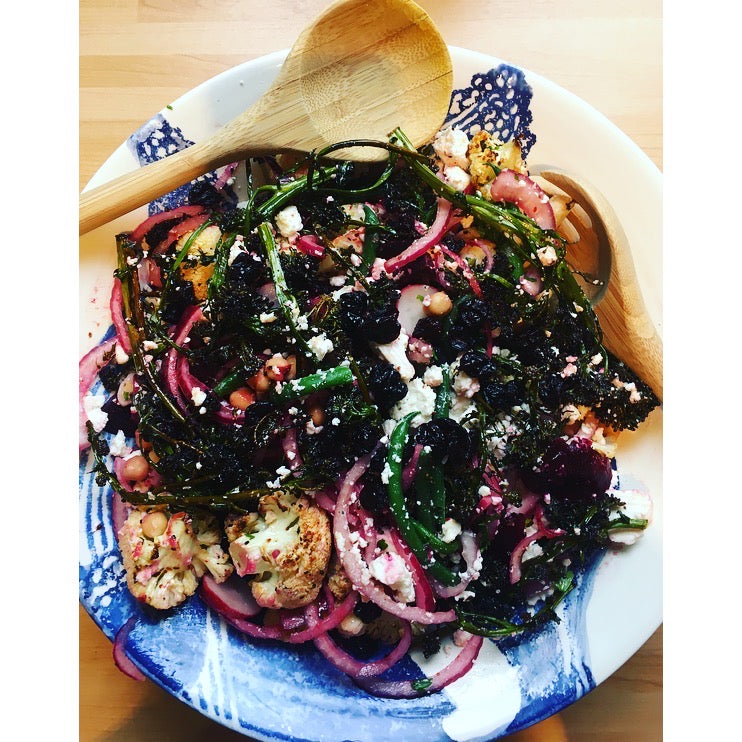Journal
- All
- Antioxidant
- Astragalus
- Blood clots
- Brain fog
- Burnout
- Cervical cancer
- Cholecystectomy
- Cold feet
- Cracked heels
- Echinacea
- Exhaustion
- Fatigue
- Gallbladder
- Headaches
- Health Advice
- Heart health
- Liver
- Low immunity
- Low white blood cells
- Memory
- Menopause
- Migraines
- Nervous system
- Perimenopause
- Recipe
- RnA ReSet
- Strokes
- Sun protection
- Thyroid
Herbs to Support Our Innate Immunity Through a Pandemic
According to Ed Yong in his best-selling book, I contain multitudes: ‘All of us are constantly seeding the world with our microbes every time we touch an object, we leave a microbial imprint upon it. Every time we walk, talk,...
T h e E l d e r – M e d i c i n e C h e s t o f t h e P e o p l e The Elderflower always brings back childhood memories...
Toxic Mucus – Guest Post by Brian Lamb Medical Herbalist
Part 4Toxic mucus We are told that the Covid-19 virus, first of all infects the nose before travelling to the lungs. This explains why some victims experience a loss of smell and taste. However, as stated before, if your immune...
What a word! At the beginning of the year how would we ever have foreseen the situation we now all face. But here we are, and some things are supporting me and making my life richer. These are staples and...
Weakening the Crown (Corona) with a Supreme Herbal Remedy
Guest post by Medical Herbalist Brian Lamb The word ‘virus’ has instilled worldwide fear but of all biological forms, viruses are the most abundant and ubiquitous. They are essential to life. However, some cause disease. Corona viruses includes the common...
The common Lilac shrub blooms in late spring with heavily scented blossoms hanging densely on the branches. During Victorian times widows could be seen wearing the flower, a reminder of an old love. They symbolize the coming of spring and...
“Forgive me if I never visit. I am from the fields, you know, and while quite at home with the dandelions, make a sorry figure in a drawing room.”― Emily Dickinson In it’s lifetime a bee will produce a precious...
Covid-19 and Dandelions – Part 2 by Brian Lamb
It is likely that everyone will catch the ubiquitous COVID-19 virus. Most will never know they contracted it. Despite this, fear is rampant and destructive, and it can be seen on every street and it is perpetrated by the media....
Warm Rainbow Salad to Boost and Cheer
A Warm Rainbow Salad to cheer the heart, boost immunity and optimise gut health. This is a warm salad. It is by no means a set in stone recipe and I used what I had. Feel free to mix it...
